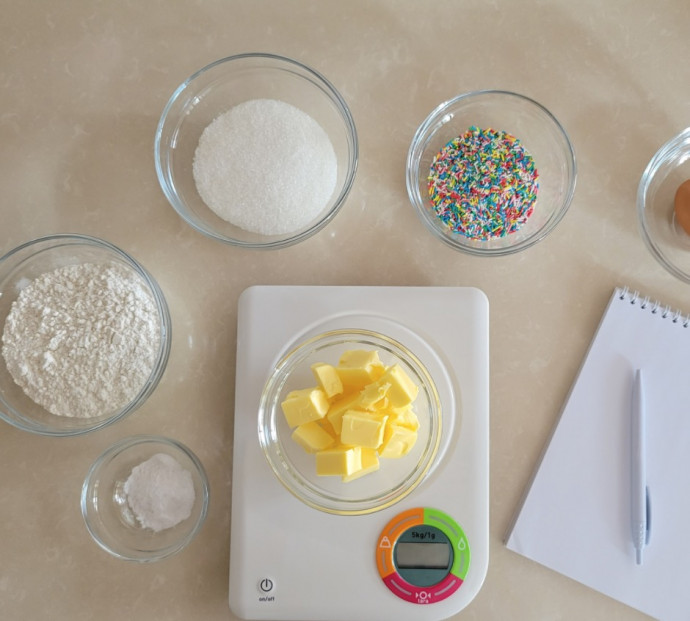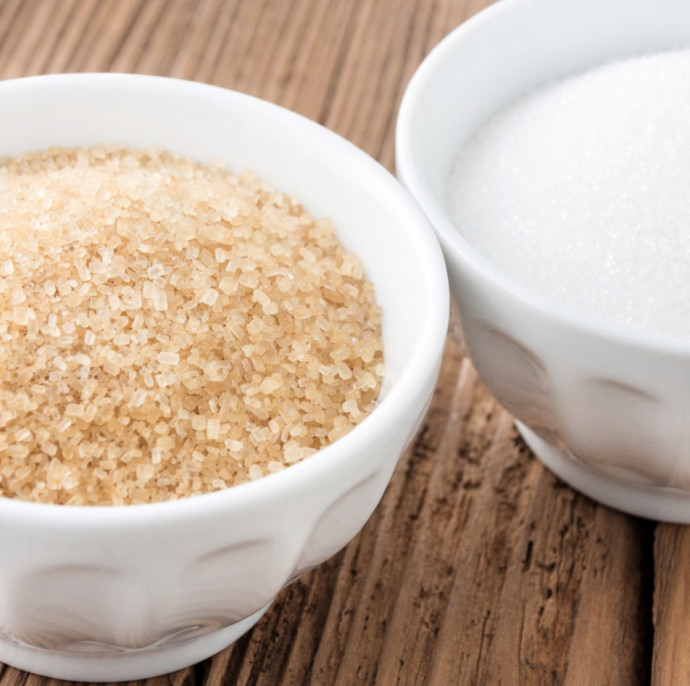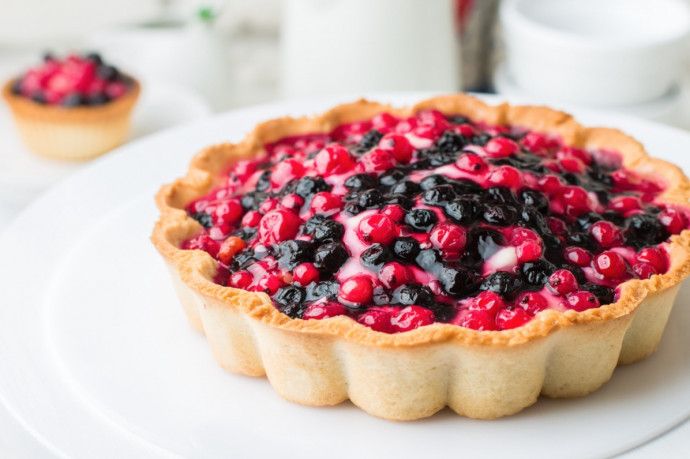Baking great recipes is a science. There is no doubt about it - baking can be tricky. It requires attention to detail and technique. Whenever possible, take the time to learn the basics of food science in a fun way to improve your food skills. This includes experimenting with recipes by exploring and discovering the purpose of different baking ingredients. Explore different times and temperatures, different types of flour, different types of sugar, and even different types of chocolate. Whether you are a baking novice or a seasoned pro in the kitchen, here are some common baking mistakes you might make - and some tips on how to fix them!
1. You do not measure your ingredients properly

When it comes down to it, baking is not very forgiving. If you accidentally add an extra cup of flour to your cake batter, your cake may be crumbly and taste like a brick. That's why it's so important to measure all of your ingredients correctly! For example, when measuring flour, it's best to use the spoon and level method. Instead of scooping the flour directly out of the bag, take a scoop and carefully add the flour to your measuring cup. Once the measuring cup is full, use a knife to gently smooth it out before adding the flour to your recipe. So if you are not sure how to properly measure an ingredient, do your research before making the entire recipe.
2. Substituting ingredients

We have all been there: it's Saturday night and you are craving chocolate chip cookies, so you get out all the ingredients... Only to realize you do not have any eggs. You quickly search Google for "egg substitute," hastily stir together the batter, and bake the cookies, only to find that they are apartment and dense. This is why it's so important that you do not substitute ingredients! When people create recipes, they test them and perfect them with the ingredients given. The success of a recipe is never guaranteed if you go rogue on the ingredients.
3. Over-mixing the batter or mixture.

You have probably seen it on a recipe before - 'mix until everything is well blended' or 'be careful not to over mix'. But why is this instruction really important? When you are baking goods like cookies or cakes, mixing flour with liquids helps create the gluten texture we all know and love. However, mixing too much can cause too much gluten to form, making the end result tough and chewy. So, as a rule of thumb, if a recipe warns you not to over-mix, only mix until there are no visible streaks of flour or dry ingredients.
4. You use baking powder instead of baking soda (or vice versa).

Substituting one for the other is very difficult. This is partly because baking soda must react with an acid (like lemon juice or vinegar) to act as a leavening agent. Baking powder, on the other hand, contains baking soda as well as cream of tartar, which is already an acid. That's not all, but in short, they are not interchangeable - you should always have both in your pantry.
5. You do not bring your butter to room temperature when your recipe calls for it.

Baking is basically a science - so the temperature of your ingredients actually matters. If you forgot to take your butter out of the fridge an hour before, simply heat a glass bowl in the microwave and cover your butter with it for a few minutes. This will soften it and speed up the process.
6. While whipping the butter and sugar together, you stop halfway.

First, if you are whipping the sugar and butter together, make sure your butter is at room temperature. Second, do not stop whipping when the butter and sugar have just homogeneously combined. You should continue beating on medium speed (3-4 for a stand mixer) until the mixture is a lighter color and fluffy. To see if the batter is ready, rub a little of it between your fingers. When you can barely see any sugar granules, you are good to go.
7. You open the oven door too early.

Especially when preparing certain baked goods like cakes, opening the oven door too early can have detrimental effects. If you open the oven door too early, a lot of air will be let in, which can cause baked goods like cakes to collapse. This is especially important with cakes like a génoise sponge, which rises due to ventilation rather than chemical leavening agents.









Your comment on «creating gluten» is a bit off. Gluten is an ingredient already in the flour that you used. You don't create gluten but you can manipulate it. I know the difference because I am gluten sensitive and must be vigilant of every ingredient in the foods that I eat, I make most of the food that I eat because of the many food allergies that I have. Imagine being allergic to all things mammal, potatoes, winter squash, crab, shrimp and anything that eats them like salmon. Krill oil is actually an oil created from a tiny form of shrimp. Just bite of a candy bar can make me hurt all over my body as if I were run over by a huge truck. The effects last nearly a week. But I do read food blogs because they give ideas to possibly add to my diet.